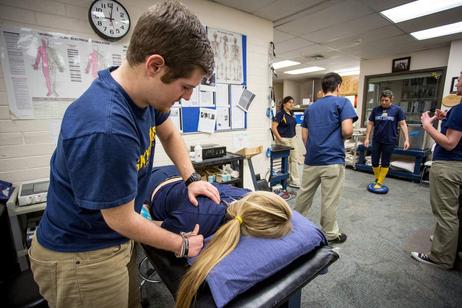Community college students are much more likely to qualify for financial aid than four-year university students. However, students attending two-year institutions are unlikely to apply for assistance, according to a recently released report by the College Board. The discrepancy has inspired many higher educators to "put on their thinking caps" and devise a solution to make community college more affordable to those who can least afford it.
According to the College Board Study, only 58% of community college students eligible for Pell grants applied for financial aid, compared with 77% of Pell-eligible students at four-year institutions. The College Board report states, "Although community college students are more likely to be eligible for need-based federal aid, they are less likely than their peers at other types of institutions to file the Free Application for Federal Student Aid (FAFSA)."
College Raptor makes the following observation about some students not applying for financial aid. "The National College Access Network (NCAN) recently released an alarming study about college-bound students’ awareness of financial aid opportunities. Within their post, they reference other findings and statistics about higher education and financial aid. The Department of Education found that only 45% of high school students completed and filed the FAFSA. Less than half of graduating high school students apply for federal financial aid." Apparently, many high school students know little or nothing about financial aid.
This video offers






















